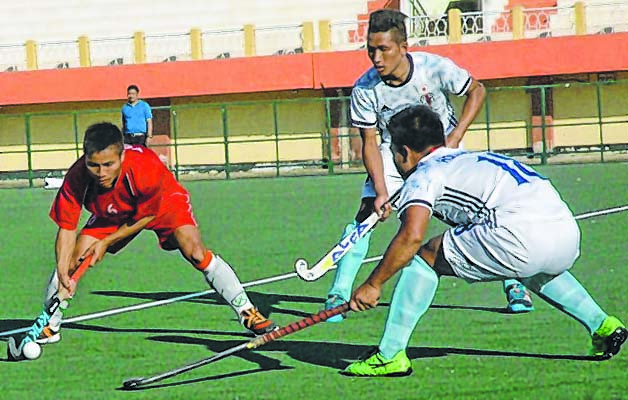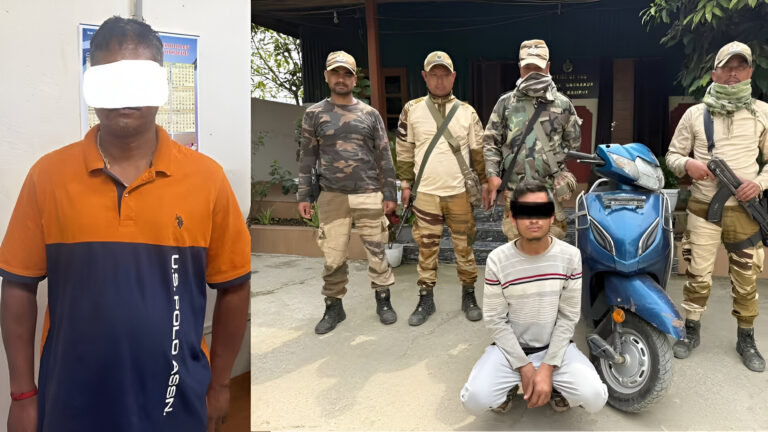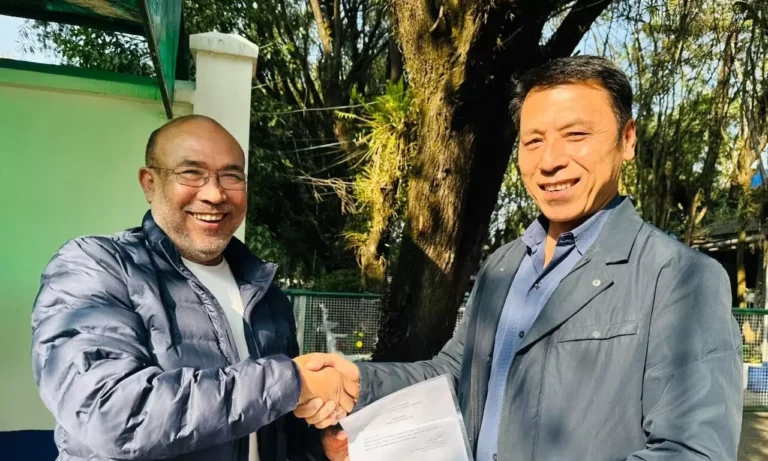Teacher in Manipur Arrested for Alleged Sexual Assault of Minor Student
Short Summary
A 20-year-old teacher from Tengnoupal district, Manipur, has been arrested for allegedly sexually assaulting a minor female student on multiple occasions. Following a complaint from the victim’s parents, the teacher was apprehended and is currently in judicial custody until November 11, 2024. This case has sparked community outrage and raised pressing concerns about student safety and accountability within schools.
Full Article
Introduction: A Disturbing Incident in Manipur
In a tragic incident that has shaken the community in Manipur, a young teacher has been accused of repeatedly sexually assaulting a minor student. This case is not just an isolated event but also a reminder of the vulnerabilities faced by minors in educational settings. It raises questions about the protective measures in place within schools and the oversight needed to prevent such abuses.
Unpacking the Case: What Happened?
The allegations came to light when the victim disclosed the assaults to her family, who promptly reported it to local authorities. The accused, identified as Lamthaka Moringchan Maring, allegedly abused the minor multiple times, leading to his swift arrest. During initial interrogations, the teacher reportedly admitted to the offenses, amplifying the severity of the charges.
Legal Proceedings and Judicial Action
Following his arrest, the teacher was presented before the POCSO (Protection of Children from Sexual Offences) Court. Recognizing the gravity of the accusations, the court remanded the accused to judicial custody until mid-November. This period allows further investigation, aiming to bring justice to the victim and ensure a thorough examination of all aspects of the case.
Implications for Schools and Safety in Manipur
Accountability in Educational Institutions
This incident underscores a critical need for greater accountability within schools. Educational institutions are supposed to be sanctuaries for learning and growth, yet this case reveals glaring vulnerabilities. For many families, school is a safe space where children can pursue education without fear, but incidents like these disrupt that peace and security.
Policy Changes and Safety Protocols
Schools, especially those in rural and semi-urban areas, should reevaluate their protocols for hiring, training, and monitoring staff. Implementing policies that promote student safety, such as awareness programs and regular evaluations of staff conduct, could make a significant difference. Transparent procedures that allow students to report misconduct without fear of retaliation are essential.
The Role of the Community in Protecting Children
Awareness and Education
Community involvement plays an integral role in protecting children. Raising awareness about the signs of abuse and creating supportive networks can empower both students and their families. Informing children about what constitutes appropriate and inappropriate behavior is equally crucial. This knowledge empowers them to speak up when something feels wrong and gives parents and guardians the tools to identify potential issues.
Support for Victims and Families
The psychological impact of such incidents is immense, often leaving lasting scars on the victims and their families. Local authorities and community organizations must work together to provide counseling and mental health support to those affected.
FAQs
- What legal actions are taken in cases of this nature? Offenders in such cases face serious consequences under the POCSO Act, including lengthy prison sentences if found guilty.
- How can schools improve safety for students? Schools can improve safety through strict hiring practices, background checks, and training staff in identifying and preventing abuse.
- Are there resources for victims and families in Manipur? Yes, local NGOs and government programs offer support to victims, including counseling and legal aid.
- What steps should parents take to ensure their children’s safety at school? Parents can encourage open conversations with their children, teaching them about boundaries and to trust their instincts.
- How does community involvement help in such cases? Communities can help by fostering awareness, supporting victims, and holding educational institutions accountable.
–





